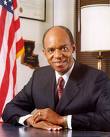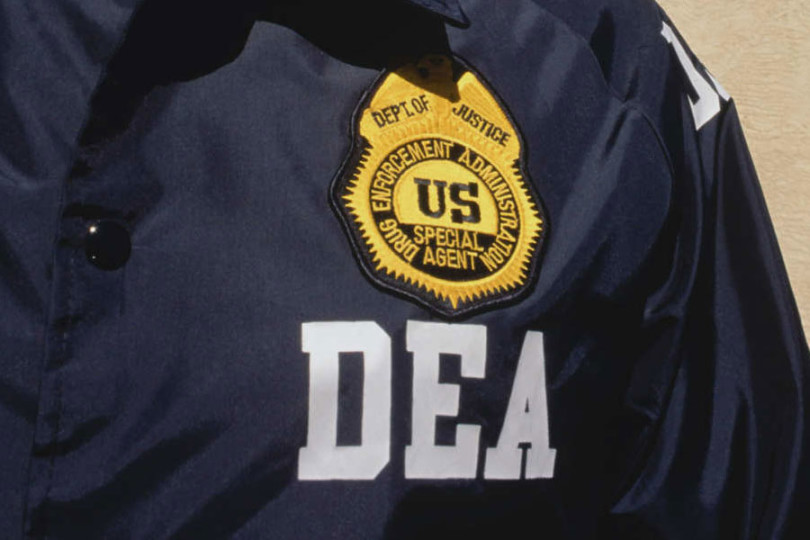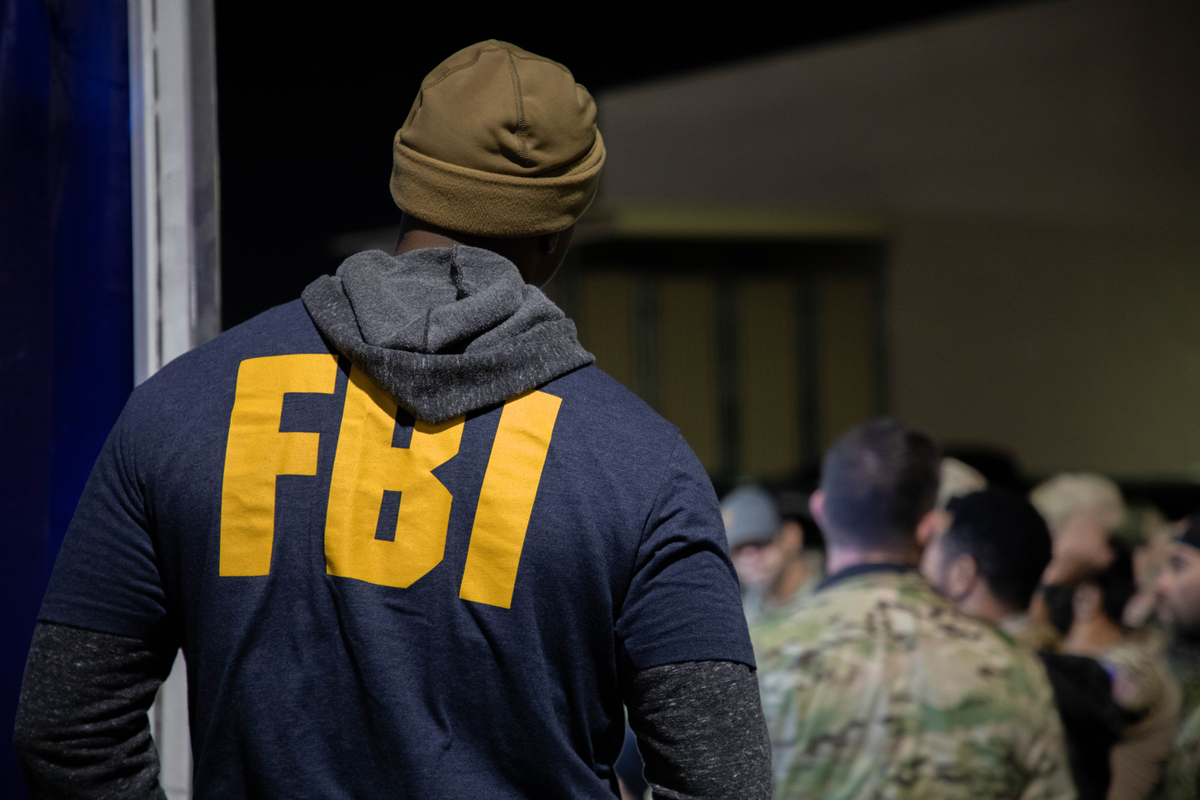“I dunno know about morals but I do got rules” Tony Soprano
By Allan Lengel
ticklethewire.com
ALEXANDRIA,Va. – The prosecution’s closing argument went something like this: Ex-Congressman William Jefferson was a crook. He sold his office. He took bribes.
The defense argument went something like this: Sure Jefferson may have had some ethical breaches; done some stupid and reckless things. But he committed no crime and the government simply created a case out of fiction.
With that kind exchange of words, court ended late Wednesday afternoon. The jury of eight women and four men will get instructions from U.S. District Judge T.S. Ellis III Thursday morning and then begin deliberating on the 16 felony counts.
Jefferson,62, chose to go to trial and fight the case rather than entertain a plea agreement.
Earlier on, after the FBI raided his homes in August 2005, there were some initial talks of a plea agreement that amounted to about six years in prison. They never went very far.
Now we’ll finally see if the gamble pays off. A conviction could easily land him at least 10 years in prison, that is if you take into account that two smaller fish – Vernon Jackson and Brett Pfeffer — are already serving more than seven years each for pleading guilty to bribing him.
Jackson, owner of iGate, a high tech company, and Pfeffer, a former Jefferson aide, both testified against Jefferson during the seven-week trial and are likely to get sentence reductions.
Jefferson faces a mountain of felony charges including soliciting bribes, bribing a foreign official, racketeering, obstruction of justice and money laundering. He is accused of taking more than $400,000 in bribes and working to get millions more.
Authorities have contended that he used his official office to promote business in Africa that he and his family had secret financial interest in. Payoffs were made to sham, paper companies, the prosecution charged.
On Wednesday, the 9th floor courtroom in Alexandria was packed – at least for part of the day with Jefferson’s wife and five daughters in attendance. So was Ed Weidenfeld, the D.C.. attorney for the Atiku Abubakar, the ex-Vice President of Nigeria, whom Jefferson is accused of bribing.
During the defense’s closing argument, some how the classic line from Tony Soprano came to mind: “I dunno about morals, but I do got rules.”
In Jefferson’s case, perhaps, more appropriately, the theme of his defense would be; “I dunno about ethics, but I do got rules”, meaning his ethics are suspect, but he has rules when it comes to stepping over the line and committing a crime.
Robert Trout, Jefferson’s attorney, who became emotional near the end of his closing argument and was choked up, said his client may have been guilty of some ethical breaches and stupidity and recklessness, but he had not committed a crime.
“There is a difference between a gray area and committing a crime,” he said during his 2 ½ hour closing . “What is appropriate, what is ethical is not the issue in this case.”
He said to be guilty of taking a bribe, Jefferson would had to have taken money to do something official like pushing legislation or earmarks.
Trout insisted that Jefferson never used his official office when he traveled to Africa to promote businesses he had interest in. Even when he met with foreign presidents and other high ranking officials, he was acting as a private citizen.
He said Jefferson was able to get an audience with these high ranking officials because he was ” a rock star” in Africa.
“He was well known, he was a rock star in west Africa,” Trout said, indicating that he didn’t need to use his official position to get access just like “Brad and Angelina are rock stars in Africa. They get access to government leaders in Africa.”
He said Jefferson was simply doing some constituent work by opening doors for business and added: “The point here is what members of Congress are expected to do in their jobs. If seeking political help was a crime, you could lock up half of metropolitan Washington, D.C.”
Trout also addressed the elephant in the trial: The fact that Jefferson took $100,000 in marked FBI bills from a wealthy Virginia business woman Lori Mody, who was wearing an FBI wire.
Authorities say Jefferson told Mody the $100,000 would go to payoff the Nigerian vice president to grease the skids for a lucrative contract that involved selling technology that would allow the Internet and cable television to travel on existing copper wire telephone lines in Nigeria.
Trout said Jefferson never intended to pass the money on to the vice president. But he said the fact Jefferson took the money and discussed paying off the vice president was “not only stupid, it was an exercise in awful judgment for which he has paid a very steep price.
“His political career was ruined, his reputation was ruined,” Trout said, adding that the national joke over the money has resulted in “shame and humiliation that his young daughters will have to endure for a very long time, maybe for the rest of their lives because of the actions of their father.
A few days after Jefferson took the money, $90,000 of it was found in his freezer at his Capitol Hill home during an FBI raid. The prosecution contends that Jefferson planned to pass the money to the Nigerian vice president, who had a home in Potomac, Md.
However, unbeknownst to Jefferson, the vice president left the country before he could give him the cash, that was then seized by the FBI during the Aug. 3, 2005 raid, the prosecution contends.
In the rebuttal to the defense’s argument, assistant U.S. Attorney Charles Duross called Trout’s assertions ridiculous, and said Jefferson didn’t have to push for legislation or earmarks to be guilty of bribery.
All he had to do was sell his official office and offer official services in exchange for bribes, Duross said.
He said Jefferson, for example, visited Nigeria in February 2004 to promote private business he had an interest in and used an official passport, made arrangements through the U.S. embassy and was picked up in a black Cadillac limo with U.S. flags, which took him to the president’s residence.
He went on to say that if all his secret business dealings that he promoted were “legal why did he try to hide it…why didn’t he tell anyone?”
Earlier in the day, during the prosecution’s initial closing argument, assistant U.S. Attorney Rebeca Bellows methodically laid out the various alleged Jefferson business schemes and said:
“He was looking for a payday. He not only sold his office he wanted to make sure he got top dollar for it.”
Even before the FBI entered the picture in 2005, Bellows said, Jefferson had concocted one bribe scheme after another.
The only difference this time, she said:
“It was caught on tape.”







One thought on “Attorney Says Jefferson May Have Violated Ethics But Didn’t Break Law”